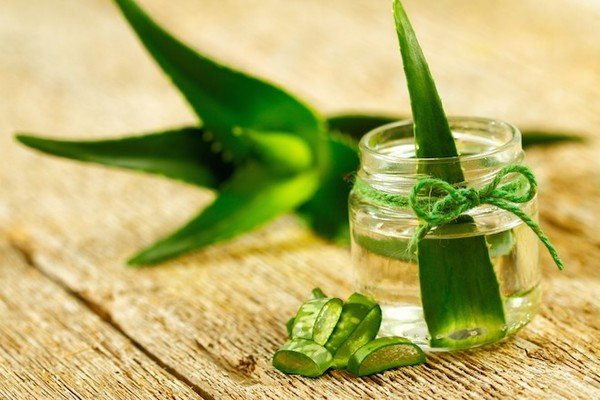
Wonder how exactly your shea butter moisturizer or tea tree oil blemish stick works on your skin? Here are quick, fast facts to help you understand how the ingredients function!
1. Black Soap
The main purpose of black soap is to clean the skin – and its ability lather naturally is why people love it the most! This soap is sourced from oils and ashes of cocoa as well as palm fruits, groundnut and sorghum.
2. Shea butter
As you may well know, the star quality in shea butter lies in its ability to replenish moisture in dry skin and work as an anti-inflammatory. This is possible due to the presence of phenols in the fat extracted from African shea trees, which hold antioxidant properties.
3. Cocoa butter
The cocoa bean produces vegetable fat used to make cocoa butter, and its antioxidant capabilities prevent decomposition of this great moisturizer – which is why you can keep a tub lying around for years!
4. Aloe Vera
Aloe vera leaves possess three layers that work together to produce vitamins, enzymes, amino acids, sugars and more. The gel from this natural plant helps heal wounds, calm skin irritations and is a fantastic anti-inflammatory.
5. Vicks VapoRub
While this traditional, multi-generational balm is manufactured to be used as a cough suppressant, its calming ingredients like menthol and eucalyptus can find applications elsewhere. In fact, a recent study found it to also be a great treatment for nail fungus!
6. Duct tape
You’re probably wondering what this is doing on the list – but you’d be surprised to know that it can actually be used for treating warts (the silver grey duct tape, that is)! Researchers aren’t entirely convinced that it’s 100% effective, as some studies show that it works while others say the opposite.
7. Tea tree oil
Another natural element on our list! The benefits of tea tree oil stretch far and wide – it can reduce acne bumps, improve the flakiness associated with dandruff, eradicate mites and even protect against MRSA due to its antiviral activity. However, it can cause allergic reactions and disrupt our hormones, but commercial dermatology specialists try to prevent that from happening.
